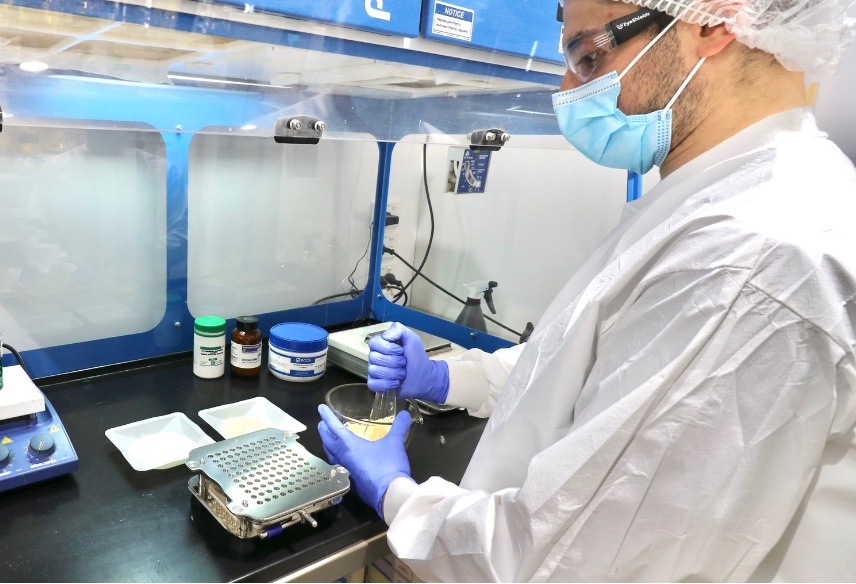In the realm of healthcare, customisation is key to providing effective treatments that meet the unique needs of each patient. Compounded medications offer a tailored approach by combining pharmaceutical ingredients to create personalised solutions. Understanding the process of compounding medications is essential for both healthcare professionals and patients alike, as it empowers them to explore alternative therapies and address specific health concerns.
What is Compounding Medication?
Compounding medication is the art and science of preparing personalised medications to meet the individual needs of patients. Unlike commercially available medications, compounded medications are created by pharmacists or compounding specialists based on a prescription from a healthcare provider. This process allows for the customisation of dosage strengths, dosage forms, and ingredient combinations to accommodate various patient preferences and requirements.
The Compounding Process:
The compounding process begins with a prescription from a licensed healthcare provider. The prescription outlines the specific medication, dosage, and any additional instructions necessary for compounding. Pharmacists or compounding specialists then carefully select the appropriate pharmaceutical ingredients and determine the most suitable dosage form, such as creams, gels, capsules, or suspensions.
Next, the compounding process involves accurately measuring and mixing the ingredients according to the prescription's specifications. This step requires precision and adherence to strict quality control standards to ensure the safety and efficacy of the compounded medication. Once the formulation is prepared, it undergoes rigorous testing and quality assurance procedures to verify its potency, stability, and purity.
Applications of Compounded Medications:
Compounded medications offer a wide range of applications across various medical specialties, including:
- Hormone Replacement Therapy (HRT): Compounded bioidentical hormones can be customised to match the individual hormone levels of patients undergoing hormone replacement therapy, providing a more precise and tailored approach to managing symptoms of menopause or hormonal imbalances.
- Dermatology: Compounded topical medications are commonly used in dermatology to treat skin conditions such as acne, eczema, psoriasis, and rosacea. Customised formulations can include combinations of active ingredients tailored to the specific needs of each patient.
- Pain Management: Compounded medications offer alternative options for pain management, including topical analgesics, transdermal patches, and customised oral formulations. By adjusting the dosage and combination of ingredients, compounded medications can provide targeted relief while minimising side effects.
- Paediatrics: Compounded medications play a crucial role in paediatric care by providing child-friendly dosage forms and flavours that improve medication adherence and tolerance. Additionally, compounded medications allow for precise dosing adjustments based on a child's age, weight, and individual needs.
Regulatory Oversight and Safety:
While compounding medications offer flexibility and customisation, ensuring their safety and quality is paramount. It's important for patients to communicate openly with their healthcare providers and pharmacists about their medical history, allergies, and any concerns regarding compounded medications. By fostering a collaborative approach to medication management, healthcare teams can ensure that compounded medications are tailored to each patient's specific needs while minimising potential risks.
Conclusion:
Understanding the process of compounding medications is essential for navigating the landscape of personalised healthcare. By harnessing the power of compounding service, healthcare providers can offer innovative solutions that address the unique needs of each patient. Through collaboration, communication, and adherence to rigorous quality standards, compounded medications continue to play a vital role in enhancing patient outcomes and improving quality of life.


No comments yet